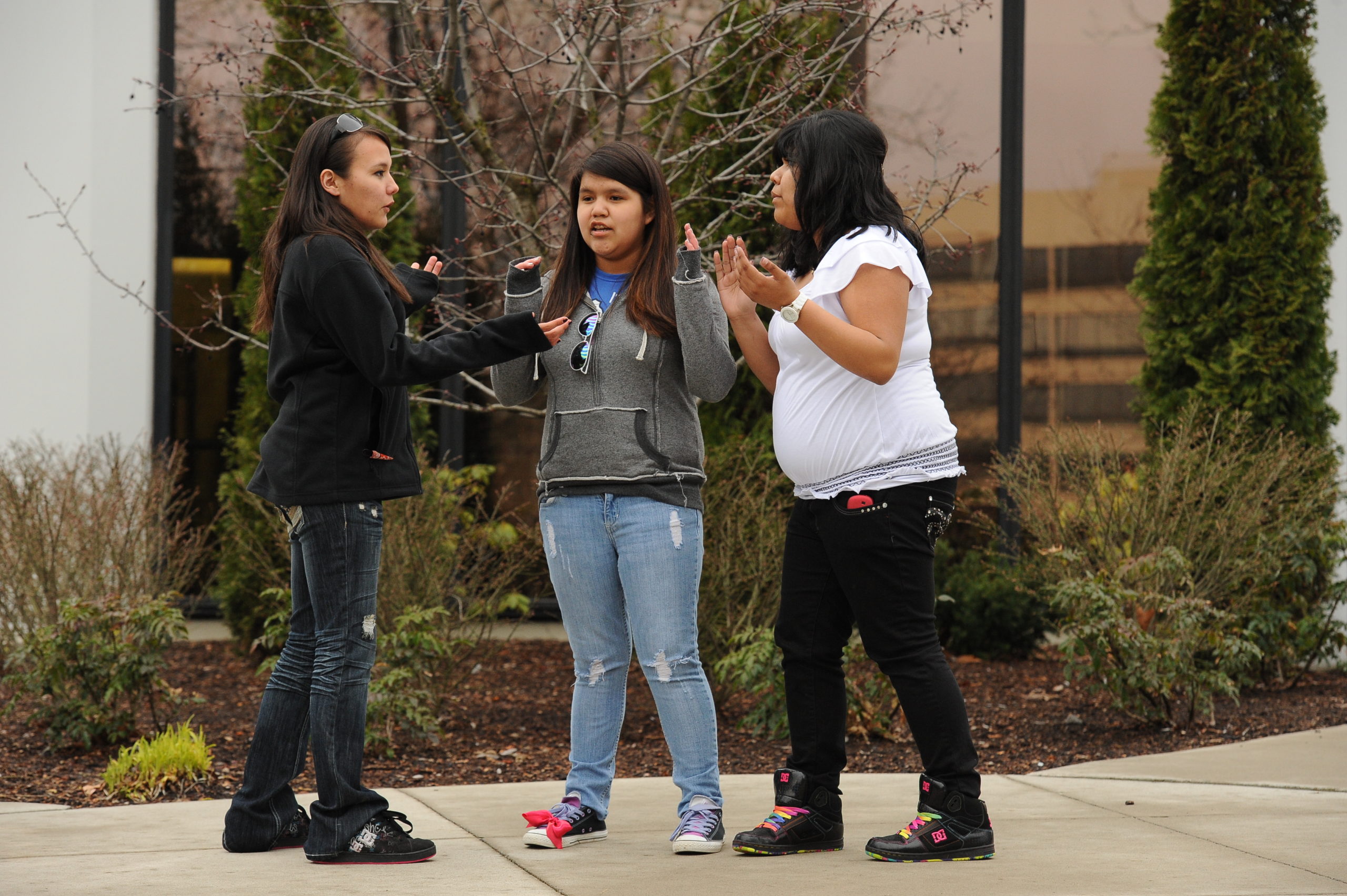It is quite common for people to experiment with drugs and that experimentation may not necessarily lead to abuse. Sometimes it is difficult to tell ifsomeone you know is abusing drugs, especially if they may be hiding their use.
Helping someone you think is using drugs. Helping someone who is not ready to change their behavior may be difficult. The decision forthem to get help and to change their behavior is ultimately their responsibility. It may be helpful for you to talk to someone you trust like a familymember, teacher or school or campus counselor about what is going on and how you feel. Tapping into information from an organization that specializes indrug abuse and treatment may be helpful for working out how best to handle your concerns and your feelings. The National Clearinghouse for Drug and Alcohol Information(NCDAI)has a list of self-help resources that you may find helpful, and check yourself.com has somegood information that they may find helpful.
If you do decide to approach the person you are concerned about, there are several things you may want to remember.
Be informed. It is a good idea to have a general knowledge of some of the reasons for using drugs, the effects and how to use them safely.By doing this, you are more able to stick to the facts. You may want to check out our other fact sheets onspecific drugs.
Discuss your concerns openly and calmly. Letting the person you are concerned about know that you are open to listening to them withoutbeing judgmental can facilitate an open discussion. An open dialogue may encourage them to discuss their drug use with you. Part of being open-minded isto be able to talk calmly to them about your concerns. However, remember that engaging them in a confrontational way may only alienate them.
What to do if someone says they have a problem. If someone has come to you saying they have a problem, you may be able to assist themby encouraging them to get help and even, assist them by finding out what help is available in your area. Your doctor, counselor, teacher or even a familymember may be able to help. Check out the National treatment center directory.
More Information. If you would like immediate help with finding a substance abuse treatment center check out this directory providedby the Substance Abuse and Mental Health Services Administration or call 1-800-662-HELP(in Spanish, 1-800-662-9832). Sometimes parents these days avoid talking with their kids because they feel uncomfortable, or don€۪t want to seem lame.RecoveryConnection.org has got some tips for them.
Acknowledgement: This fact sheet was originally developed by youth and staff at ReachOut.com, a website that helps teens get through tough times.


